When it first opened in 2012, Song Saa, a luxury island resort located in Cambodia’s Koh Rong Archipelago, was a pioneer in the luxury/sustainability space. Co-founder Melita Koulmandas embarked on a three-year project to restore local marine life and create Cambodia’s first marine reserve before building a stunning resort featuring 24 luxury villas made from energy-efficient thatched roofing and recycled timber from disused fishing boats.
To maximise the resort’s impact – in a good way – in 2013, she launched the Song Saa Foundation, a non-profit that spearheads projects that regenerate the natural environment while benefiting local communities, ranging from infrastructure such as solid-waste management to community events like beach clean-ups.
“Our approach to sustainability is constantly evolving. What was best practice a few years isn’t any more, which means that we need to push ourselves to do better. We always knew that we’d have constant challenges with carbon footprint since we are an island, so we must find areas that go beyond environmental impact. We recently became B Corp-certified, which will resonate with our more conscious guests,” explains Koulmandas. B Corp measures a company’s social and environmental impact across various categories by analysing factors including employee benefits, charitable giving, supply chain practices and input materials.
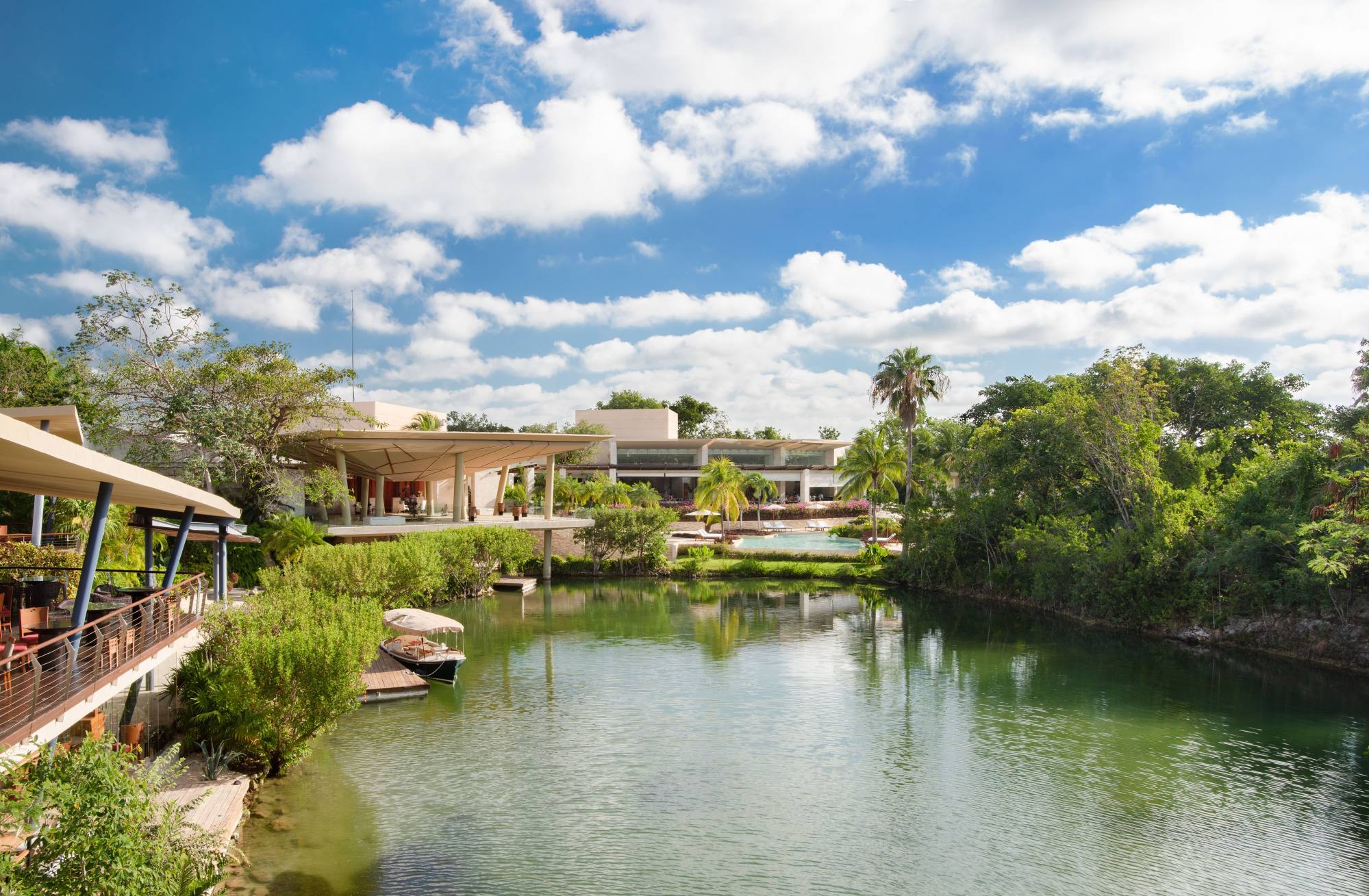
“We are also weaving the work we do with the foundation into the guest experience, which is really resonating. Our team is out in the field every day so guests can join them and learn from marine biologists or conservationists that run the programmes. For example, some guests were excited about helping us map out a new seagrass bed that we just discovered,” she adds.
Guest experiences also form the foundation of Rosewood Hotels’ Impacts framework, which is centred on empowering local communities and embracing sustainable practices. Here “luxury” is defined as enriching experiences for the guest and community – be it a meal made using local ingredients from neighbouring farms, or dining at a beautifully designed restaurant using repurposed local materials.
“Luxury is no longer just about staying in the most beautiful room or indulging in a five-course meal. It’s now about discovering the heart and soul of a place through experiences designed to celebrate and preserve it. Luxury hospitality is now the connector, which will drive real change in the industry,” says Mehvesh Mumtaz Ahmed, vice-president of social impact, Rosewood Hotel Group.
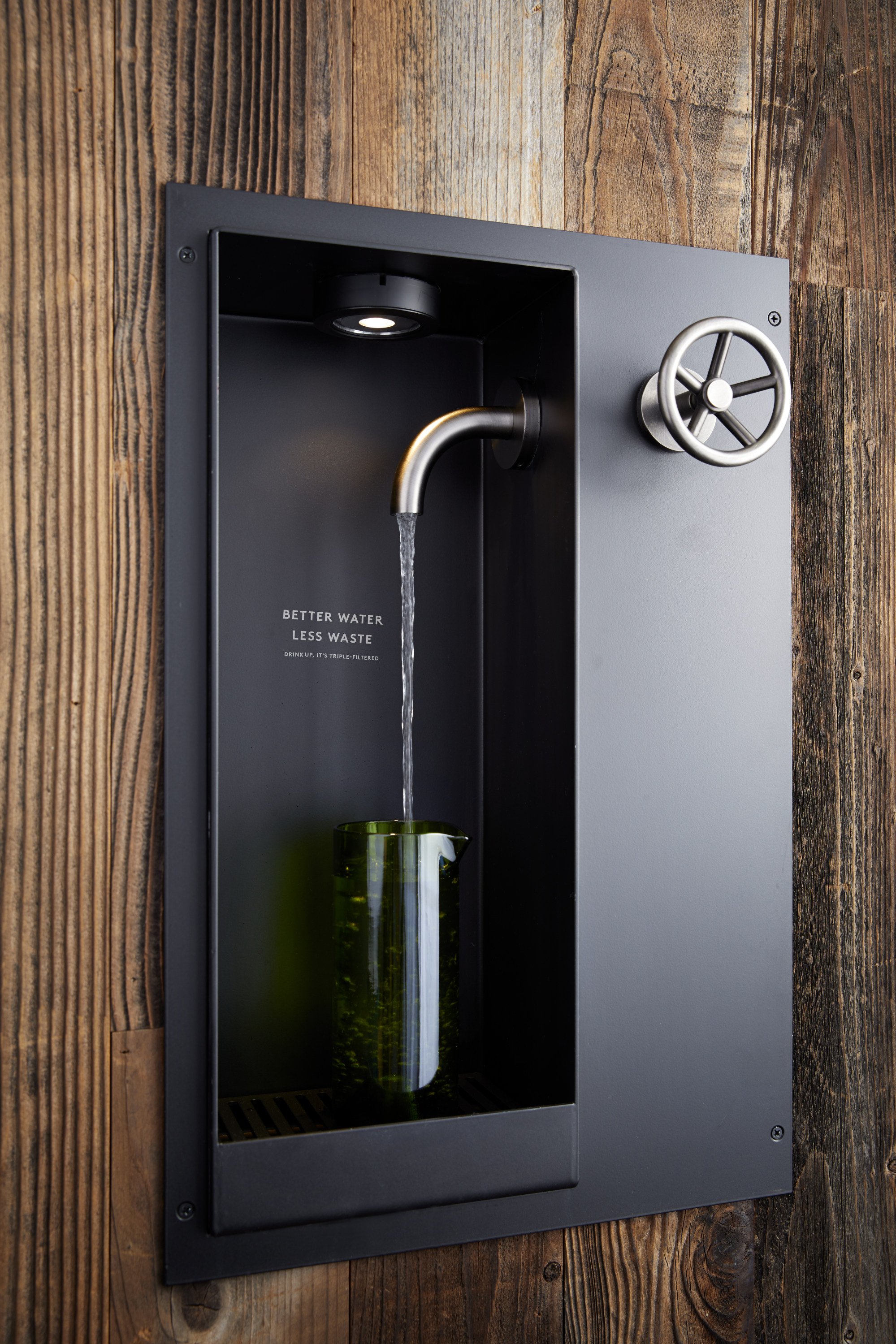
The group recently introduced Impact Trailblazers, six sustainability-focused properties that span locations such as Phuket, the Bahamas, Mexico, Cambodia and even Hong Kong. These hotels have committed to achieving at least one of six “stretch” goals by 2025, including 100 per cent carbon neutrality or 90 per cent waste diversion.
“Guests can and should observe how a hotel they visit brings its sustainability vision to life. Just supporting these brands that are themselves supporting their destinations is deeply impactful, and catalyses other companies to take on more sustainable practices themselves to stay competitive,” she says.
Also attempting to lower footprints and connect guests with their social and natural environment is US-based 1 Hotels. All its US properties are LEED-certified – meaning they adhere to a standard that shows “Leadership in Energy and Environmental Design”. Located in cities like New York, Miami, Los Angeles and London, they have woven aspects of sustainability into their customer journey from the building and design, to the food and services.
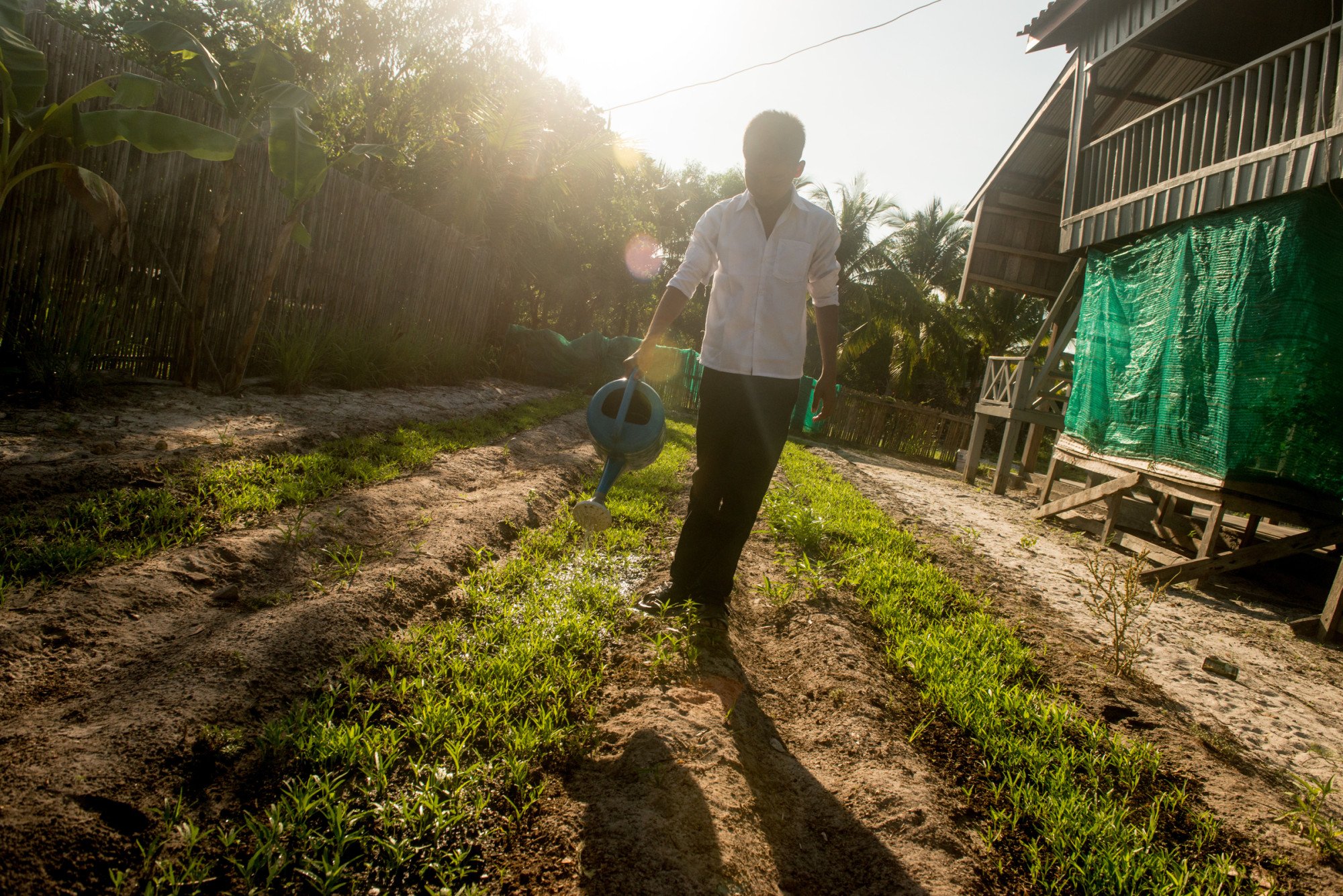
Each hotel’s public spaces and rooms are brought closer to nature with biophilic design that bring elements of the great outdoors inside. Mindful details include keys made from five types of recycled wood, while the rooms are outfitted with custom furniture made using repurposed or recycled materials, terrariums and other plants, alongside luxe staples such as organic cotton sheets and top-of-the-line hemp mattresses, and plush socks you can take home instead of disposable slippers.
Guests are encouraged to take part in the journey too, with initiatives like Certified Sustainable Gatherings.
“We want our guests to have a luxury experience while knowing that we are contributing to the environment on their behalf. It’s also about choices – there’s lots of things they can do if they want, but it’s up to them,” explains Raul Leal, CEO of SH Hotels & Resorts, which operates 1 Hotels.
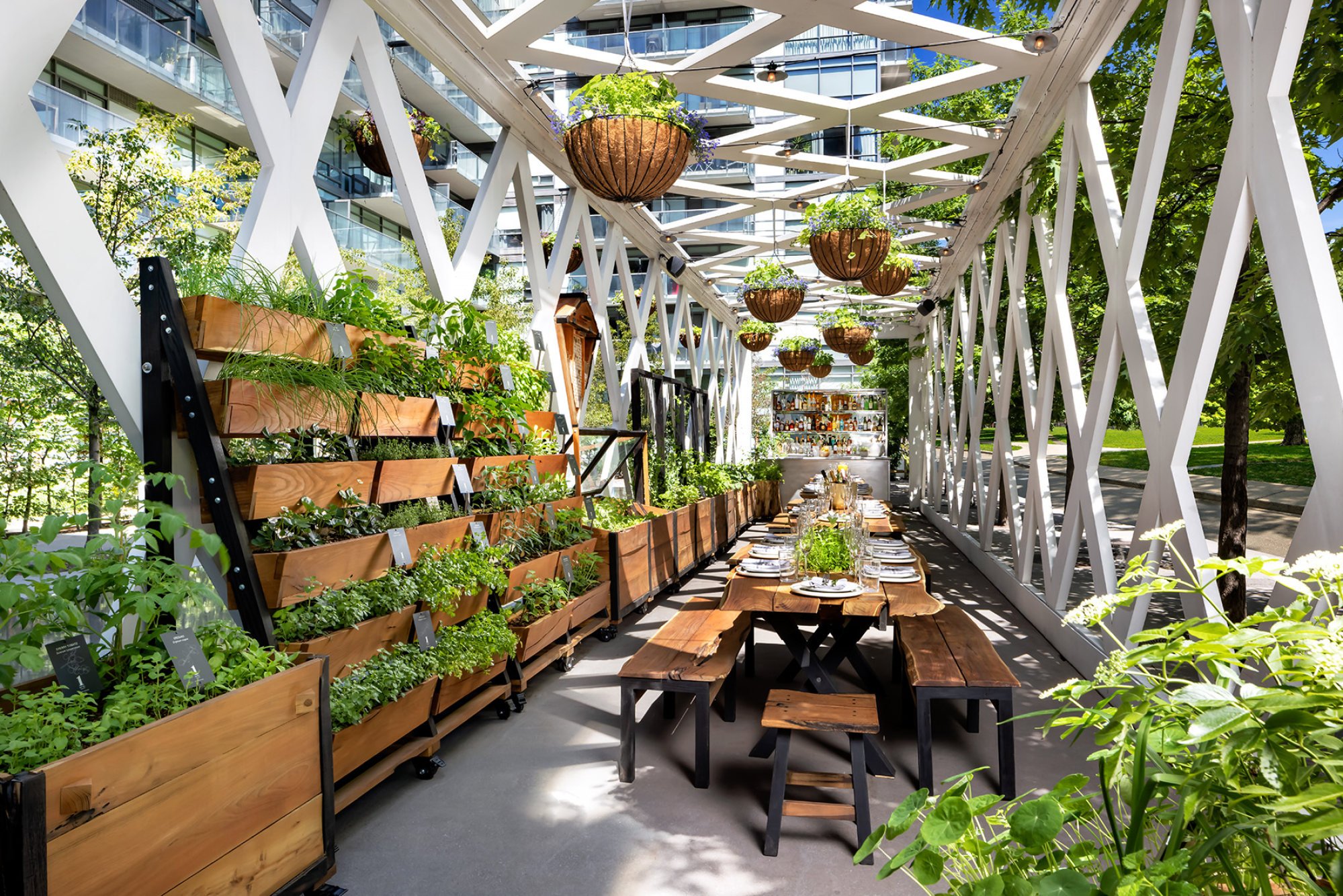
“For example, we have quirky things like timers in the showers as a reminder to reduce your water usage while our 1 Less Thing donation programme encourages guests to leave behind some clothing, which we will donate on their behalf. These are in addition to all those bigger, essential initiatives such as reducing our carbon footprint or waste.”
The gold standard for any sustainability programme would be to have guests leave as more active participants in the journey.
“The more the guests want to know, the better. You want to connect with your guests so they themselves become stakeholders, or stewards of the environment or place they are visiting,” says Koulmandas. “Embodying and creating what I call the seventh generational mindset is important to creating a long-term impact.
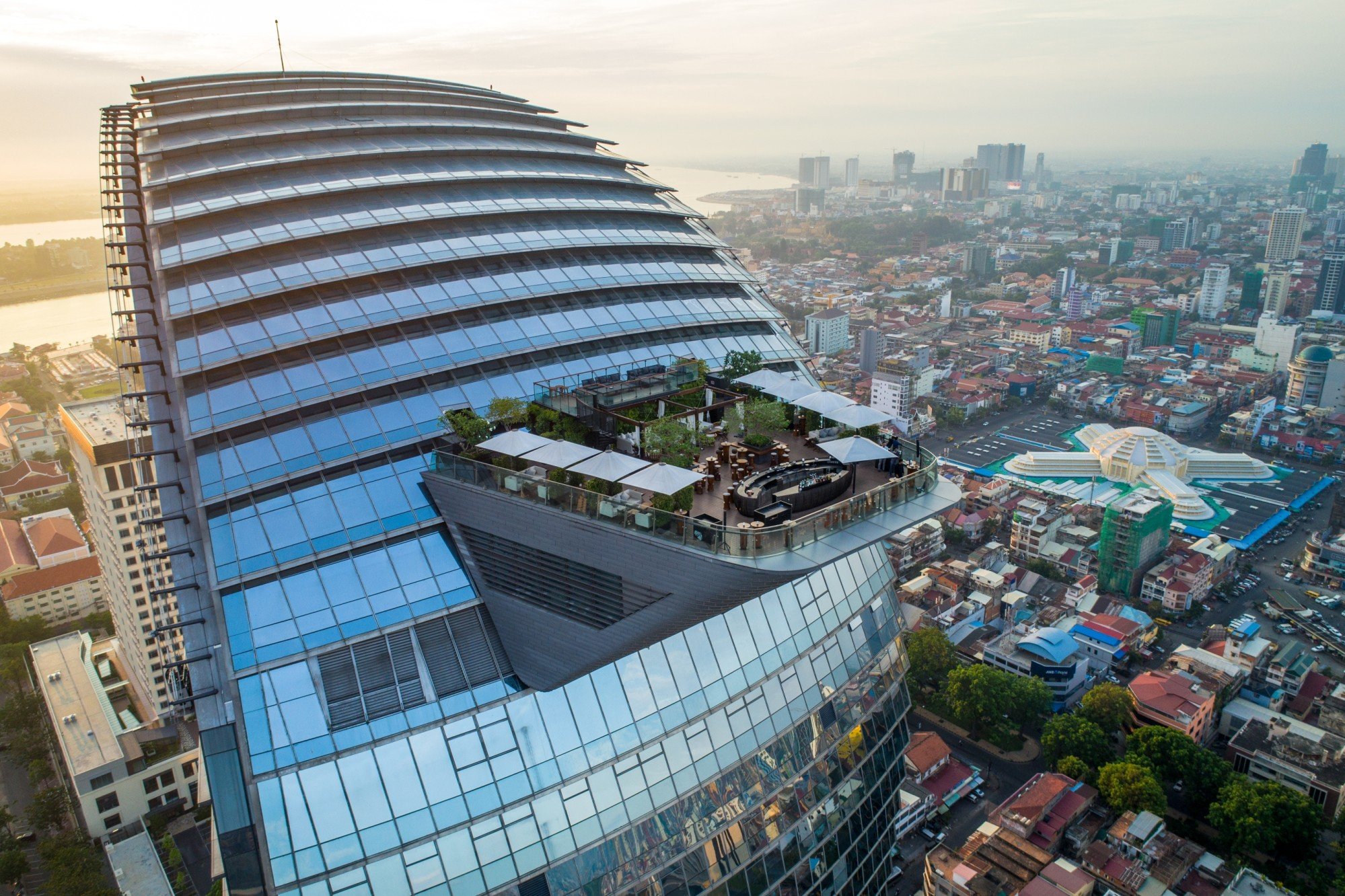
5 tips for choosing hotels that are making an impact
-
Data isn’t everything, but it helps. If a hotel is making bold claims, they should have the data to back it up.
-
Look for hotels that offer substantive, clearly defined practices that go beyond token gestures such as exhortations to conserve energy or water.
-
Do your due diligence, focusing on the hotel’s sustainability initiatives, partnerships and credible certifications from organisations such as B Lab.
-
Choose hotels with a more holistic vision. It’s a journey, so don’t expect the property to tick all boxes straight away.
-
Don’t be afraid to ask questions. Educating staff and guests is vital to any programme’s success.

